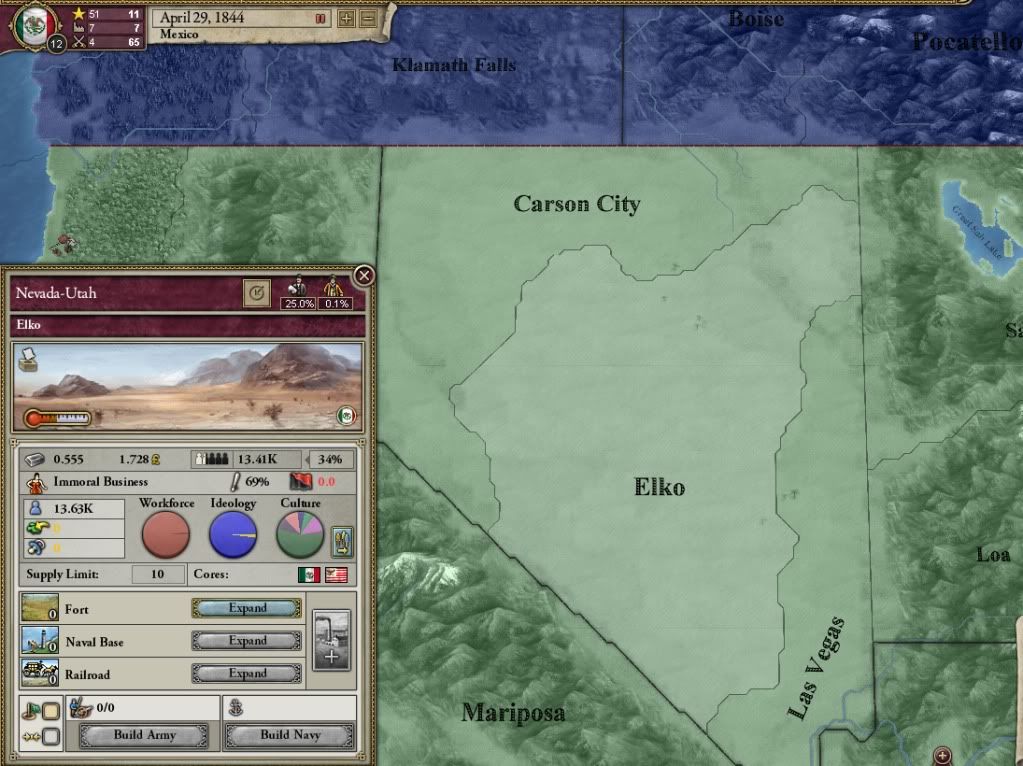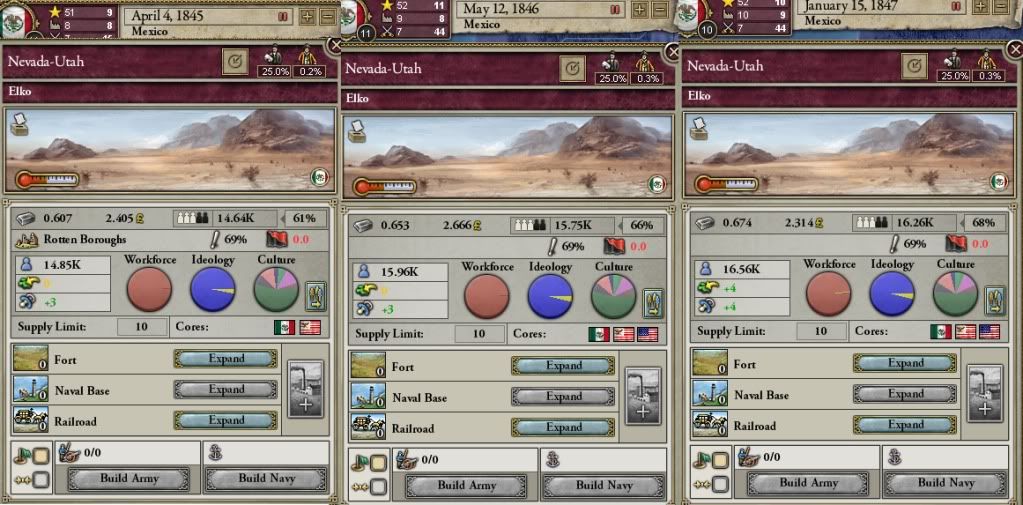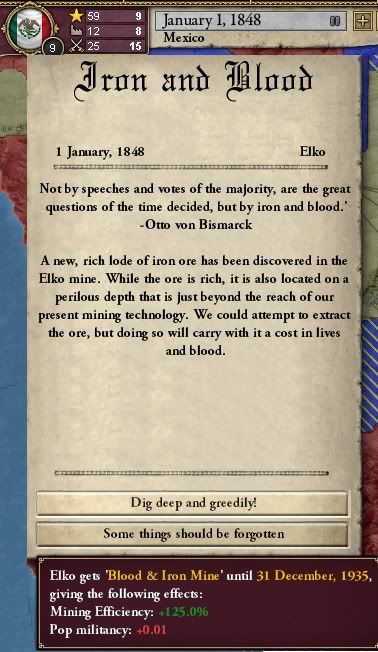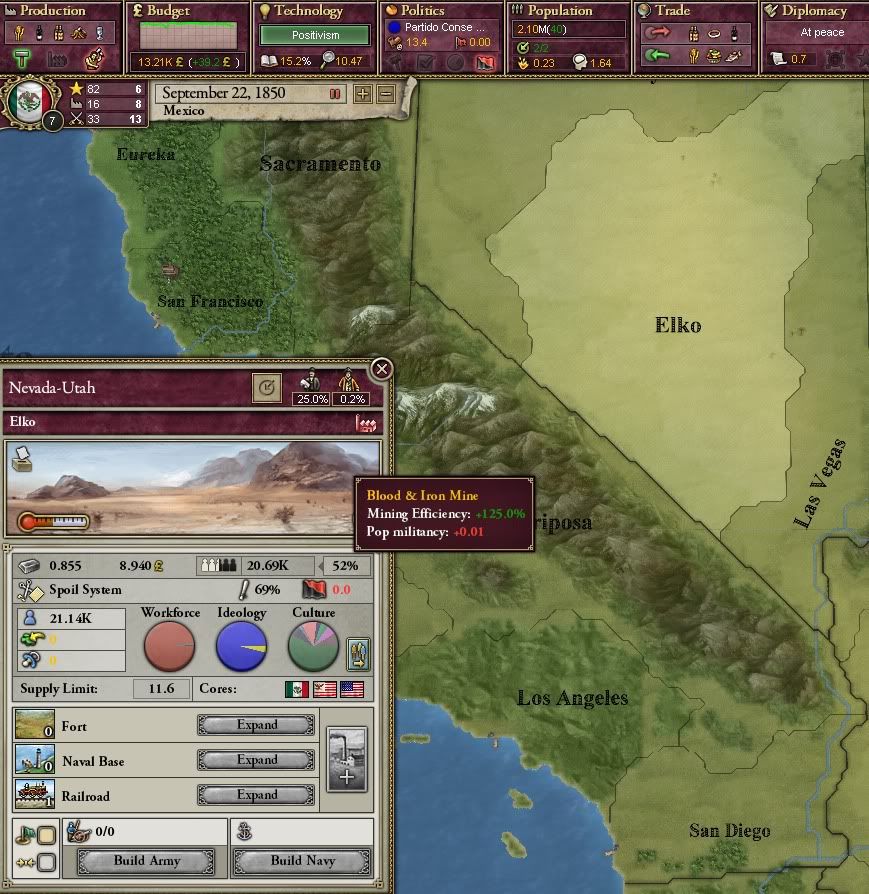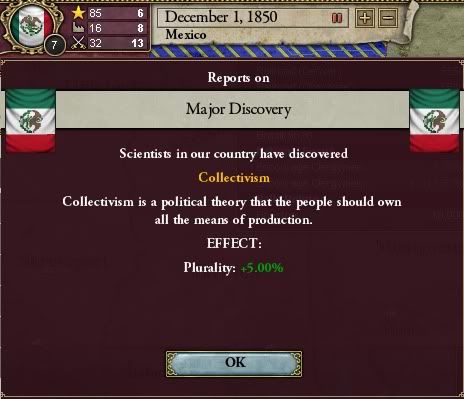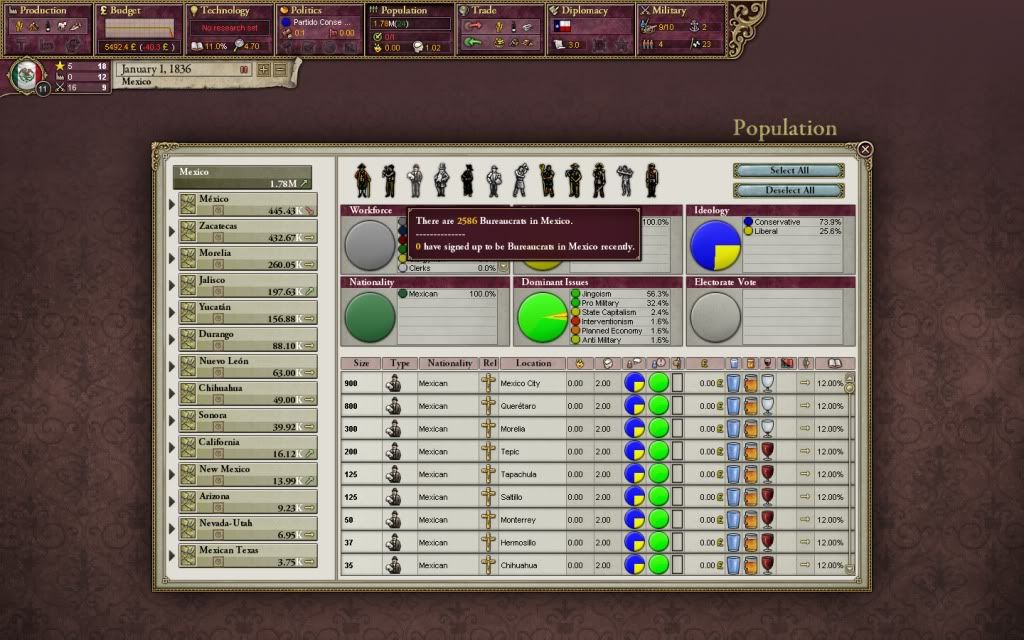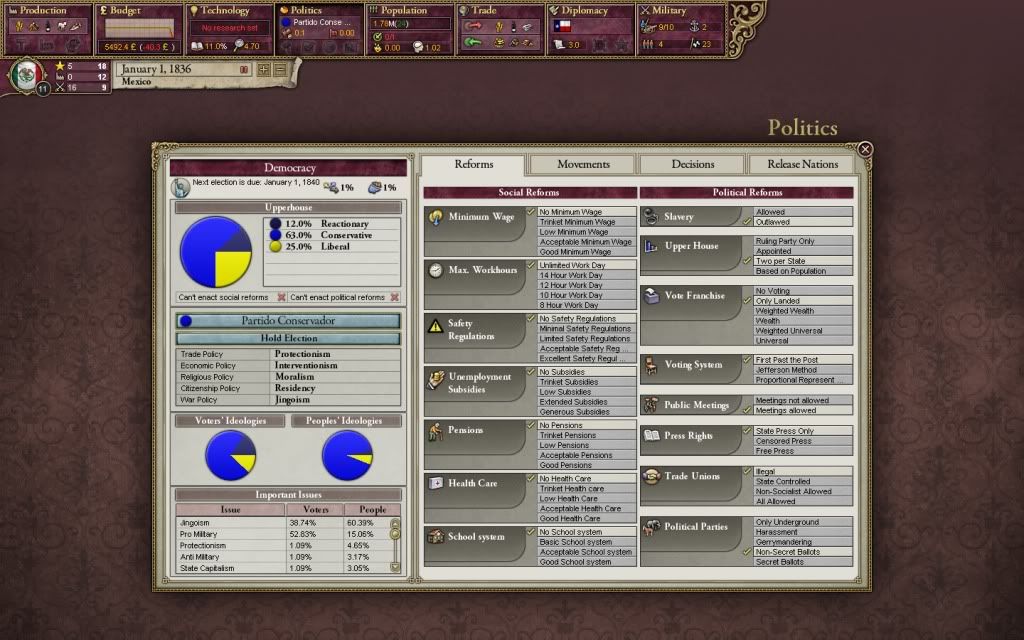All I want to do is take your money
(the unofficial song for this post is M.I.A's "Paper Planes")
Capitalism is a funny thing. In a later, alternate time, it would be lauded under the idea that Greed is Good, that Greed Works.
The idea of profit was not new. When the Phoenicians built an empire on trade, taking what was plentiful in one place and selling it in another, it was already an old idea.
The oddities came in the rules of what you could sell and not sell.

In some places, the world's "oldest profession" was illegal. In others, the selling of government services was illegal, in others, the selling of government offices was illegal.
What makes a thing illegal? Why was some profit good but not other profit? Why could a man lay off hundreds of farmers made unnecessary to the farm through better fertilizer or some other innovation, but not buy their votes? One caused misery and some amount of poverty, the other spread wealth. Was greed truly good?
On the ground, from the point of view of farmers and factory workers, it was was a distinction without a difference. Greed might be good, and greed might be bad, but greed ran the world.
Could they be blamed for pooling money to organize the power of the government in a way that they perceived as helping them? After all, the jobs given by a spoils system and the services provided through a political machine were real, tangible things, things which improved their lives, or at the least made them less miserable. What, compared to that, was the theoretical purity of a political system that had never functioned as it was supposed to?
Nor was this failure of the political system a new or particular thing. it was not Mexico alone, neither that time, nor that place, defined this phenomenon. To imply that something is corrupt, one must point to a time when it was pure, but when had any straight thing out of the crooked timber of humanity ever been made?
In fact, the politics of the time were, compared to the older days, positively pure. These instances of sold votes, services, and so on exceptions to an overall new order that was born out of an increasing monopoly, on the part of the Mexican government, on the use of force and on the sale of certain kinds of services. In these cases, the existence of these areas of "crime" represented not so much failure of the system as areas where the old order still held sway, and the modern "hygiene" of proper government had not yet arrived.
This was not true of everything however. Some kinds of criminal activity, were, needless to say, thoroughly modern.
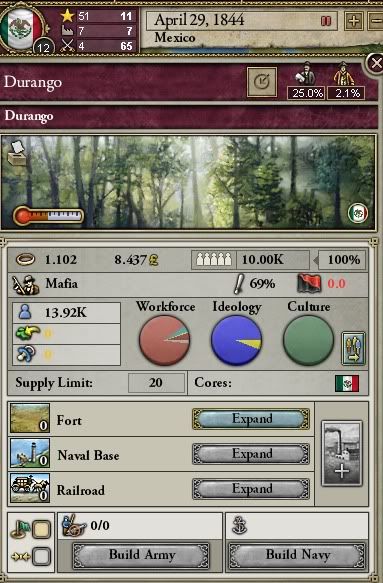
Victor Leon arrived with his mother and younger sister in Durango at the age of 14 hoping to work in the mines and make some money.
It had not gone as well as he had hoped. There was a new game in town, and his name was Alfonso Feliz. If you wanted protection, you paid him on time. Mostly, you needed protection from him, thus the money.
There had been people like this back home, but this thing was much more organized. "Los Hombres Felices" were the government, army, and police force of the area. All, under his control. Not that they really amounted to much. They were maybe a dozen of them. But they worked together, and they had guns.
Things were ok until his Mother got sick with the flu.

What little money he had put away had vanished to pay for the Doctor. She had gotten better, thanks be to God, but now the protection money was due.
He stayed up late the night after he realized they wouldn't have the money in time, wrestling with what to do. Finally, it came to him, it was obvious.
The other men would be going around to the factories to shake down the owners and collect the protection money. Most of the common people, however, simply came to "Don Feliz's" office and handed over the cash: they were not important enough to be collected from, they were expected to come forward to pay, knowing full well the consequences of not doing so.
His father had died up in Texas, but he had left Victor a gun and the knowledge of how to use it. It was an old thing, but Victor knew, just knew, that he could get in close and use it. It was so simple.
He picked up the gun, tied it to his waist with a rag that held up his il fitting pants, putting it in reach and hiding it at the same time, and walked off.
Don Feliz's office was busy in the morning, people from all over coming in to pay their "rent." He waited, out of sight, waiting. It slowly died down as people headed off to the factories and the mines.
He walked in, Alfonso didn't even look up, his slightly balding head looking down at the table, counting his money.
The hate Victor felt for him at that moment was a perfect, transcendent thing, and the gun seemed to fire itself.
He made sure to take the money when he left, walking, not running, lest his flight be remembered. Act like nothing is wrong.
As he walked home, it occurred to him. These guys didn't really know how to play this game. They pretended to be an army, but they weren't really. From his Father, he knew the difference.
Well, maybe he could do better...first, to get some recruits..
(the unofficial song for this post is M.I.A's "Paper Planes")
Capitalism is a funny thing. In a later, alternate time, it would be lauded under the idea that Greed is Good, that Greed Works.
The idea of profit was not new. When the Phoenicians built an empire on trade, taking what was plentiful in one place and selling it in another, it was already an old idea.
The oddities came in the rules of what you could sell and not sell.

In some places, the world's "oldest profession" was illegal. In others, the selling of government services was illegal, in others, the selling of government offices was illegal.
What makes a thing illegal? Why was some profit good but not other profit? Why could a man lay off hundreds of farmers made unnecessary to the farm through better fertilizer or some other innovation, but not buy their votes? One caused misery and some amount of poverty, the other spread wealth. Was greed truly good?
On the ground, from the point of view of farmers and factory workers, it was was a distinction without a difference. Greed might be good, and greed might be bad, but greed ran the world.
Could they be blamed for pooling money to organize the power of the government in a way that they perceived as helping them? After all, the jobs given by a spoils system and the services provided through a political machine were real, tangible things, things which improved their lives, or at the least made them less miserable. What, compared to that, was the theoretical purity of a political system that had never functioned as it was supposed to?
Nor was this failure of the political system a new or particular thing. it was not Mexico alone, neither that time, nor that place, defined this phenomenon. To imply that something is corrupt, one must point to a time when it was pure, but when had any straight thing out of the crooked timber of humanity ever been made?
In fact, the politics of the time were, compared to the older days, positively pure. These instances of sold votes, services, and so on exceptions to an overall new order that was born out of an increasing monopoly, on the part of the Mexican government, on the use of force and on the sale of certain kinds of services. In these cases, the existence of these areas of "crime" represented not so much failure of the system as areas where the old order still held sway, and the modern "hygiene" of proper government had not yet arrived.
This was not true of everything however. Some kinds of criminal activity, were, needless to say, thoroughly modern.

Victor Leon arrived with his mother and younger sister in Durango at the age of 14 hoping to work in the mines and make some money.
It had not gone as well as he had hoped. There was a new game in town, and his name was Alfonso Feliz. If you wanted protection, you paid him on time. Mostly, you needed protection from him, thus the money.
There had been people like this back home, but this thing was much more organized. "Los Hombres Felices" were the government, army, and police force of the area. All, under his control. Not that they really amounted to much. They were maybe a dozen of them. But they worked together, and they had guns.
Things were ok until his Mother got sick with the flu.

What little money he had put away had vanished to pay for the Doctor. She had gotten better, thanks be to God, but now the protection money was due.
He stayed up late the night after he realized they wouldn't have the money in time, wrestling with what to do. Finally, it came to him, it was obvious.
The other men would be going around to the factories to shake down the owners and collect the protection money. Most of the common people, however, simply came to "Don Feliz's" office and handed over the cash: they were not important enough to be collected from, they were expected to come forward to pay, knowing full well the consequences of not doing so.
His father had died up in Texas, but he had left Victor a gun and the knowledge of how to use it. It was an old thing, but Victor knew, just knew, that he could get in close and use it. It was so simple.
He picked up the gun, tied it to his waist with a rag that held up his il fitting pants, putting it in reach and hiding it at the same time, and walked off.
Don Feliz's office was busy in the morning, people from all over coming in to pay their "rent." He waited, out of sight, waiting. It slowly died down as people headed off to the factories and the mines.
He walked in, Alfonso didn't even look up, his slightly balding head looking down at the table, counting his money.
The hate Victor felt for him at that moment was a perfect, transcendent thing, and the gun seemed to fire itself.
He made sure to take the money when he left, walking, not running, lest his flight be remembered. Act like nothing is wrong.
As he walked home, it occurred to him. These guys didn't really know how to play this game. They pretended to be an army, but they weren't really. From his Father, he knew the difference.
Well, maybe he could do better...first, to get some recruits..


